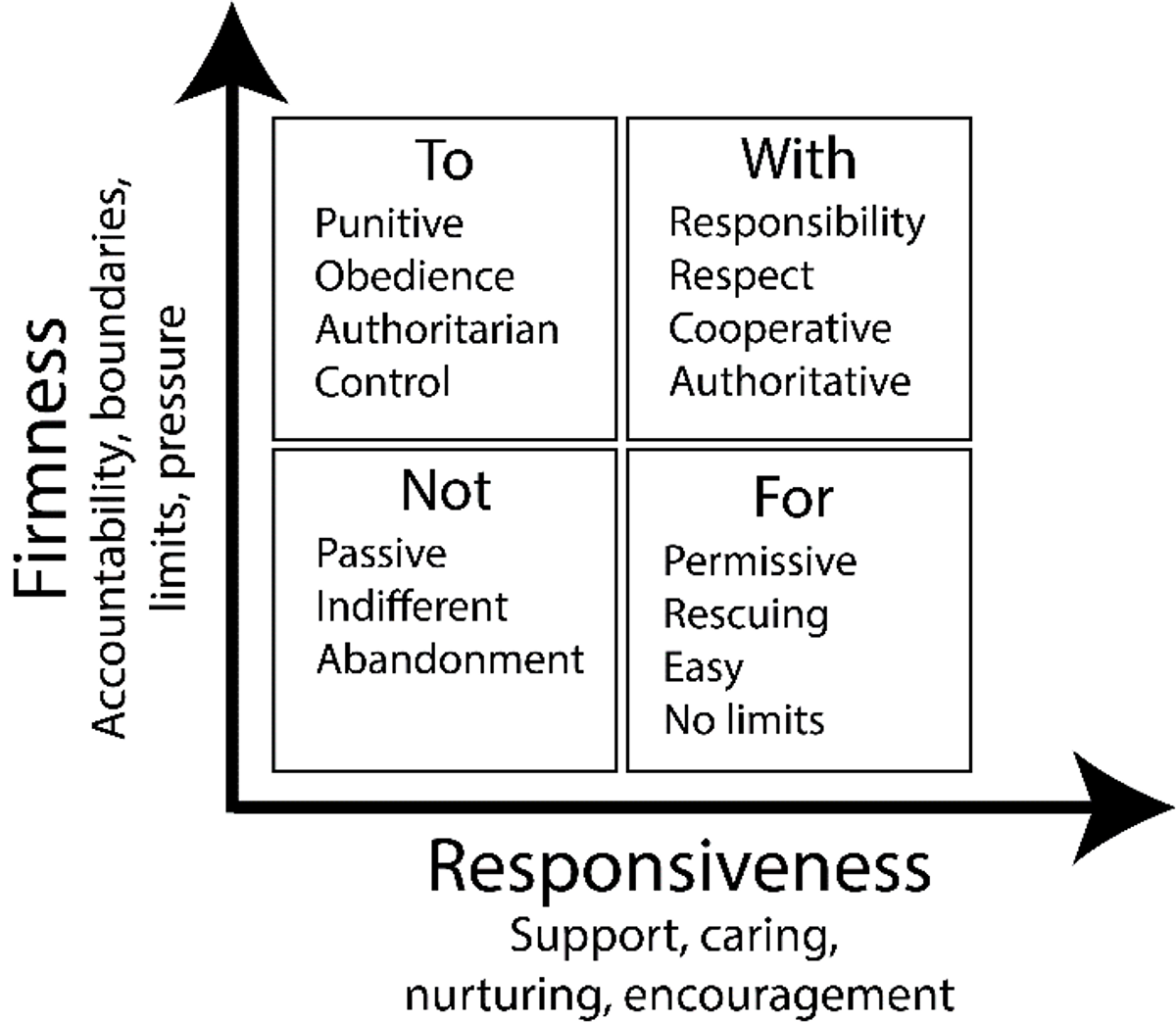A restorative approach to support growth
by Mr Greg Breese, Assistant Principal

A restorative approach to support growth
by Mr Greg Breese, Assistant Principal
Restorative practices is an approach that Box Hill High School uses to build a positive school climate in which students are considerate of the impact of their behaviour on others. The restorative approach to puts dialogue, empathy, and accountability at the heart of our practice and shifts the focus from punishment to resolution and growth.
One key benefit is the promotion of social-emotional skills among students, as they learn to communicate effectively, manage conflicts constructively, and develop empathy for others. This not only enhances their academic performance but also equips them with essential life skills for navigating relationships and challenges beyond the classroom.
At times, some of our young people do behave in ways that negatively impact others in the school community. Schools and families have wide ranges of responses to these kinds of events. Restorative practices put purposeful relational practice at the heart of the response. The focus is on repairing any damaged relationships so that people can move forward with a relationship that has been repaired and not left damaged.
A framework that can be helpful when thinking about how we support students is to consider the two lenses of firmness and responsiveness:


When we work ‘with’ students, we are responsive to their needs but also set firm boundaries and support students to be accountable to commitments they have made. This approach supports students to adaptively manage shame when they have done the wrong thing. They do this by admitting to their wrongdoing, taking responsibility for their actions, and making amends for the harm done.
If we operate too much in the ‘to’ domain, controlling and punishing, this can teach mal-adaptive means of coping with shame, such as avoidance, redirection, and self-harm.
When we operate too much in the ‘for’ domain, then students may not learn the empathy and self-regulation needed to positively engage with others and may not be challenged to perform at their best.
When having a difficult conversation with students, it can help to have a pre-prepared script to follow. Parents can use these questions to speak with their children when something might have gone wrong at school:
These questions can help to support students through the thinking required to move forward productively.